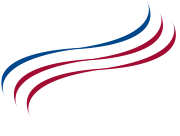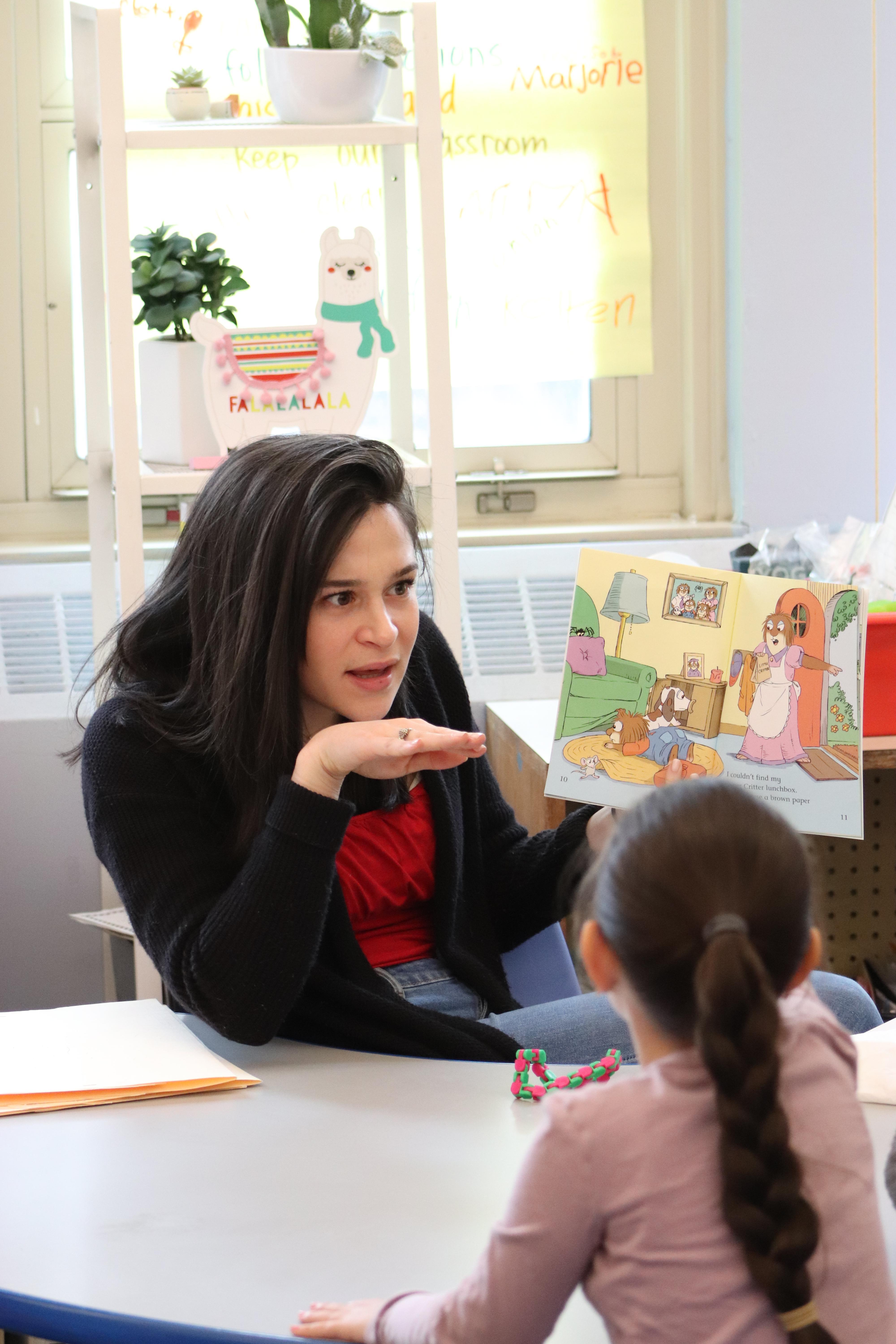New data and analysis from the National Council on Teacher Quality finds significant progress on the science of reading instruction in teacher preparation. For the first time since NCTQ began publishing program ratings in its 2013 Teacher Prep Review, the number of programs in the nation to embrace reading science has crossed the halfway mark, with 51% of 1,000 evaluated traditional elementary teacher preparation programs across the country now earning an A or B grade for their coverage of the key components of the science of reading, up from just 35% seven years ago.
The latest findings are a positive sign for newly energized movement across the nation to bring down notoriously high rates of illiteracy in the United States. Each year, well more than 1 million public school students arriving in the fourth grade are added to the nation's ranks of nonreaders. Two-thirds are black and Hispanic children struggling in the face of an inequitable education system. Reading ability is a key predictor of future educational gains and life success, making successful reading instruction essential to achieving educational equity.
"The progress being made by programs comes as a real shot in the arm," observed NCTQ President Kate Walsh. "The resistance to teaching what is scientifically based has been so formidable. The scale is now tipping in favor of science, and the real winners here are the students who will learn to read."
"Where, when and how we teach reading says more about us than it does the students," said Kareem Weaver, a member of the Oakland NAACP Education Committee. "Explicitly teaching and leveraging the science allows us to overcome our blind spots, assumptions and biases, which impact every aspect of instruction. In other words, the quest to fortify our society and its institutions begins with preparing our teachers to apply the science of reading and reach all students. That's the way to save us from ourselves and avoid a permanent underclass filling our correctional institutions as prisoners of the 'reading wars.'"
Now in its fourth edition, the Teacher Prep Review assigns a team of literacy experts to examine every course a program requires in early reading, looking at the planned topics to be covered in each class, readings, assignments, practice opportunities and tests, as well as rating the quality of the textbooks used in each course. These experts look for clear evidence of dedicated course time as well as measures where aspiring teachers must demonstrate their knowledge of the five key components of the science of reading: phonemic awareness, phonics, fluency, vocabulary and comprehension. All programs receive their preliminary grades well in advance of publication, with an opportunity to appeal their rating, and are invited to submit additional evidence for consideration. (See a short animated video explaining the methodology here.)
"There has been a great deal of cynicism—and I include myself—regarding the capacity of teacher prep to make changes," commented Arne Duncan, former U.S. secretary of education in the Obama administration. "I thank the National Council on Teacher Quality for refusing to turn their attention away from this issue. This progress gives me real hope."
Programs in Mississippi, the only state to see significant gains in student reading scores on the 2019 Nation's Report Card, earned the highest average scores in 2020, a repeat of their strong performance in the last edition of the Teacher Prep Review, with all of the 12 traditional programs in the state earning a passing score. Mississippi was closely followed by Utah.
Arkansas, Delaware, Florida, Idaho, Louisiana, Minnesota, New Hampshire, Ohio and Oklahoma also fared well. Of these, Arkansas and Florida leaped forward from previously lackluster performance by their programs. Michigan, New Hampshire, Vermont and Wisconsin also improved significantly.
"There's nothing we worked harder on during my tenure ... than early reading," recalled Dr. Rod Paige, former U.S. secretary of education in the Bush administration. "It's been hard to watch the backward progress—at last we're rounding the curve."
While the newest NCTQ findings establish a clear, sizeable trend in the right direction, there still remains a substantial number of traditional programs (507)—including two-thirds of the graduate programs in the sample—that fail to teach the science of reading. Thirty-nine percent of traditional programs earn a grade of D or F, and 10% earn a grade of C.
In addition to traditional undergraduate and graduate programs, NCTQ evaluated 58 nontraditional (alternative certification) programs whose very design makes it difficult to provide preparation in early reading instruction before aspiring teachers enter the classroom. The majority (83%) of evaluated nontraditional programs fail to ensure their aspiring teachers learn the science of reading.
"The idea that reading is fundamental is not a soundbite to us, it is a core skill children must learn to succeed," said American Federation of Teachers President Randi Weingarten. "That's why we must do all we can to ensure teachers have access to quality reading research, as well as an array of best practices that helps inform what they bring to their classrooms. For decades, educators around the country have clamored for access to science-based reading instruction, and to see it picked up in pre-service programs is a sign that we all recognize how critical it is to teach reading in a way that works, and that sticks. Let's trust teachers to teach, which means hearing their voices, from K–12 all the way through the college and university levels."
Weingarten continued, "Early reading access and success is one of our biggest educational equity challenges—without solid reading foundations, students will struggle with comprehension, writing and retention. This good news from NCTQ should strengthen our resolve to use the tools we have to continue to improve reading instruction and to invest in and listen to the educators who are teaching this fundamental life skill."
Dr. Maria Murray, a former teacher educator in reading who left her university position to start a national nonprofit dedicated to advancing evidence-aligned reading instruction, spoke to her own experience: "I was deeply frustrated that the science of reading—researched approaches that develop all aspects of what makes a successful reader—were not the norm in education. I am heartened that the tide may be turning. The Reading League's fast-growing numbers—11,000 strong in three years—speak to how common my experience was and the eagerness of classroom teachers to learn more."
Classroom teacher and coach Maci Fisher echoed Murray's sentiments: "As a teacher in training, I had a few hours of instruction on phonics, but nothing on how to actually teach it. We mostly focused on getting students to use context or clues to figure out unknown words. When I first started teaching, I was teaching my struggling readers to guess words instead of actually teaching them to read the words. Frustrated and discouraged, I spent many hours after school researching ways to help them and had to learn the right methods on the job. It's unfair that so many teachers start out without the knowledge and training they need to successfully teach their students to read."
See how a particular state and all of their teacher preparation programs performed in the interactive Teacher Prep Review database: www.nctq.org/review/standardDetails/Early-Reading

